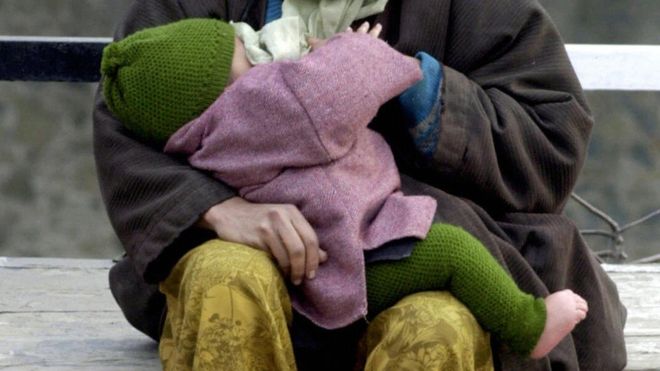Observing World Breastfeeding Week in Nigeria amid Hunger Protest
The first day of the 10-day hunger protest (August 1) coincided with the first day of World Breastfeeding Week (WBW). The first week of August (1-7) is supported by the World Health Organization (WHO), United Nations Children’s Fund (UNICEF), and ministries of health, including Nigeria’s, and civil society organisations as WBW. This initiative encourages breastfeeding […]

The first day of the 10-day hunger protest (August 1) coincided with the first day of World Breastfeeding Week (WBW). The first week of August (1-7) is supported by the World Health Organization (WHO), United Nations Children’s Fund (UNICEF), and ministries of health, including Nigeria’s, and civil society organisations as WBW.
This initiative encourages breastfeeding and aims to improve the health of babies around the world. This year’s event, themed “Closing the Gap: Breastfeeding Support for All,” is a campaign that celebrates breastfeeding mothers in all their diversity, throughout their breastfeeding journeys.
It showcases the ways families, societies, communities, and health workers can support every breastfeeding woman. Unfortunately, in Nigeria, this important occasion to celebrate and support our mothers, sisters, and friends in raising healthy babies has been overshadowed by the ongoing protest.
At the same time, UNICEF has scored Nigeria low in this regard, lamenting that a whopping 76 per cent of babies between 0-6 months are denied exclusive breastfeeding. Although the exclusive breastfeeding rate in Nigeria rose to 52 per cent in 2017, it dropped to 38.9 per cent in 2021 due to a decline in the sustenance of the “Hospital Exclusive Breastfeeding Initiative” introduced to fast-track the rate.
The federal government says it is working in collaboration with development partners to achieve a 50 per cent rate by 2030. As the government supports breastfeeding initiatives, it is a reminder that breast milk is the gold standard for infant nutrition. It is safe, clean, and contains immunity-boosting antibodies that shield babies from illnesses.
Breastfeeding is a crucial element in achieving the United Nations’ Sustainable Development Goals (SDGs) by 2030. In spite of the economic situation, let us all take a moment to appreciate and support all nursing mothers.
By upholding the theme “Closing the Gap: Breastfeeding Support for All” of the 2024 World Breastfeeding Week, we recognise that nursing mothers are not only giving babies the best possible start in life, but they are also playing a vital role in building a healthier, more sustainable future for all. Remember, breastfeeding is made easier when mothers have our support.
Lawal Dahiru Mamman resides in Abuja and can be reached via: [email protected]
